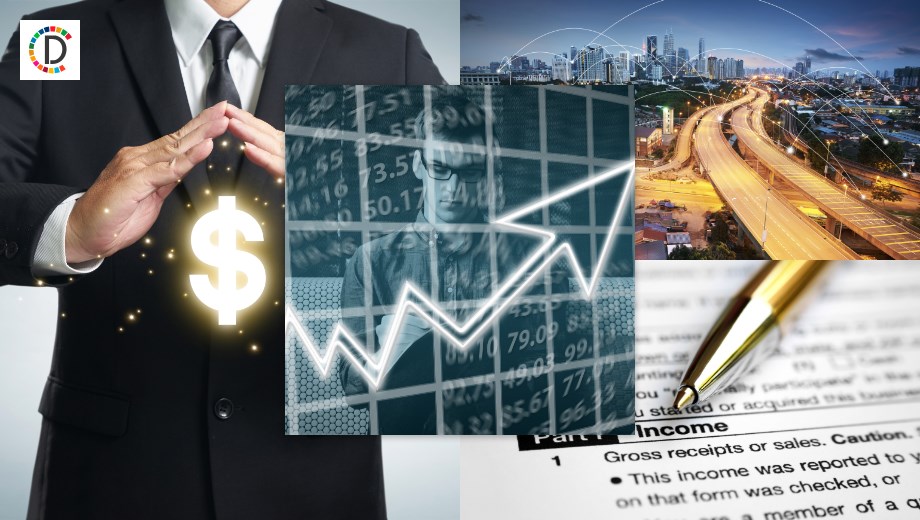France Faces Political Turmoil After Government Collapse
The ousting of Prime Minister Michel Barnier marks a significant turning point for French politics, threatening to send the country into a period of instability.
Published December 06, 2024 - 00:12am

Image recovered from arabnews.com
France is currently embroiled in a significant political crisis following the unprecedented ousting of Prime Minister Michel Barnier on Wednesday. This event marks the first successful no-confidence motion against a French government in over sixty years, with Barnier's administration lasting a mere three months. This political upheaval comes in the wake of snap parliamentary elections that produced a hung parliament and left the far-right party led by Marine Le Pen holding considerable sway.
The motion for Barnier's removal was initiated by the hard-left France Unbowed party but gained crucial backing from Le Pen's far-right faction. The strategic coalition of these two political extremes against a common adversary has raised eyebrows across the political spectrum. Laurent Wauquiez, head of right-wing deputies, accused both the far-right and hard-left of thrusting France into political chaos, citing their shared responsibility in the downfall of Barnier's government.
This government collapse creates an immediate challenge for French President Emmanuel Macron, who now faces the daunting task of appointing a new prime minister. Macron has over two years remaining in his presidential term but is under pressure as some opposition members call for him to step down and trigger early presidential elections.
As the political drama unfolds, economic repercussions loom large. Financial markets are jittery, and France is bracing for widespread public-sector strikes in response to austerity measures proposed in the contested budget. Macron's tenure has already seen five different prime ministers, each serving for progressively shorter terms, highlighting the volatility of the current political landscape.
Barnier's use of the constitutional article 49.3 to pass a social security financing bill without parliamentary approval was a key catalyst for his fall from grace. This legislative maneuver, typically reserved for crises, sparked outrage and unified an unlikely alliance of political opponents intent on toppling his government.
France's National Assembly, now a battleground of ideological conflict, reflects the broader struggles within French society. The majority held by the far-right and far-left in the Assembly means any new government faces an uphill battle to secure its policies. All eyes are on Macron as he navigates these treacherous waters, with the need to appoint a successor to Barnier's regime swiftly.
Marine Le Pen's strategy has been criticized for potentially alienating her own supporters, particularly business leaders and retirees, who may not align with the destabilizing tactics that invite economic instability. Nonetheless, she has signaled a willingness to cooperate with a newly appointed government on crafting a more acceptable budget.
The current political stalemate reflects deeper issues within French governance, including an increasingly polarized political landscape and a fractious electorate that challenges traditional party lines. In this context, choosing a new leader who can restore political stability is crucial for Macron.
This political crisis coincides with Macron's plans to host a significant event for the reopening of Notre-Dame Cathedral, an occasion underscoring France's cultural heritage. However, the festivities may be overshadowed by France's domestic challenges as Macron seeks to project an image of resilience and leadership amid crisis.
The reverberations of this tumultuous period in French politics may extend beyond the county's borders, influencing perceptions of stability across Europe. Political analysts are closely monitoring developments, suggesting that prolonged government instability could impact the nation's economic prospects and France's role within the European Union.
Following Barnier's resignation and the acceptance of his resignation by Macron, attention turns to potential candidates who may assume the role of prime minister. Prominent figures include Defense Minister Sebastien Lecornu and centrist ally Francois Bayrou from Macron's En Marche party, alongside leftist contenders like former Socialist premier Bernard Cazeneuve. Whoever is chosen faces the immense challenge of reconciling the divergent factions and forming a government capable of governing effectively.







